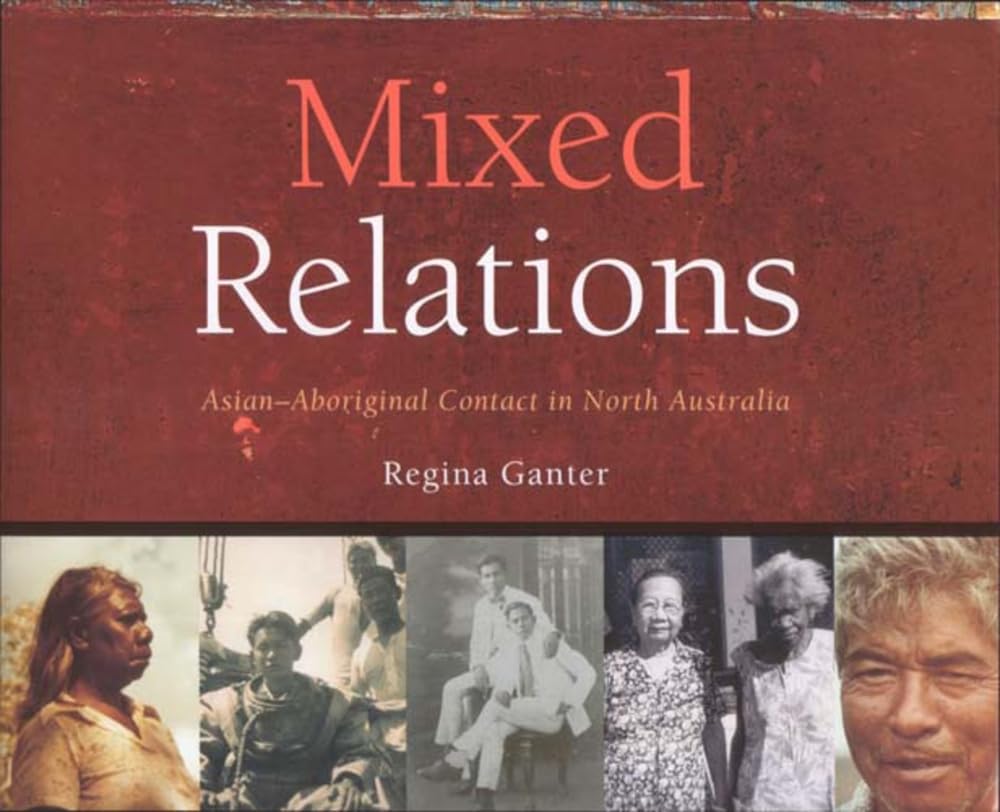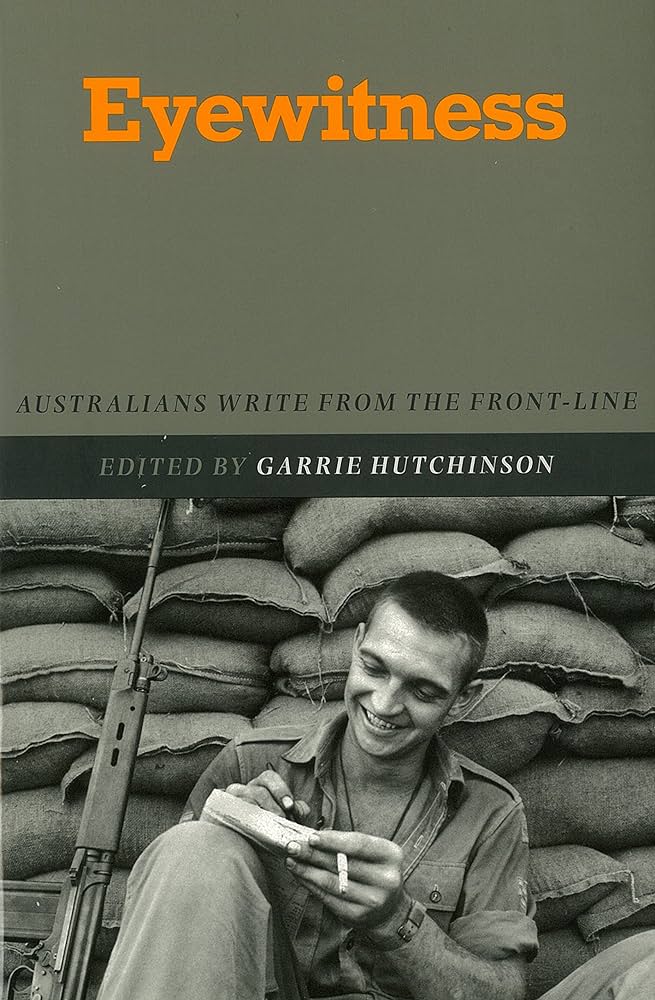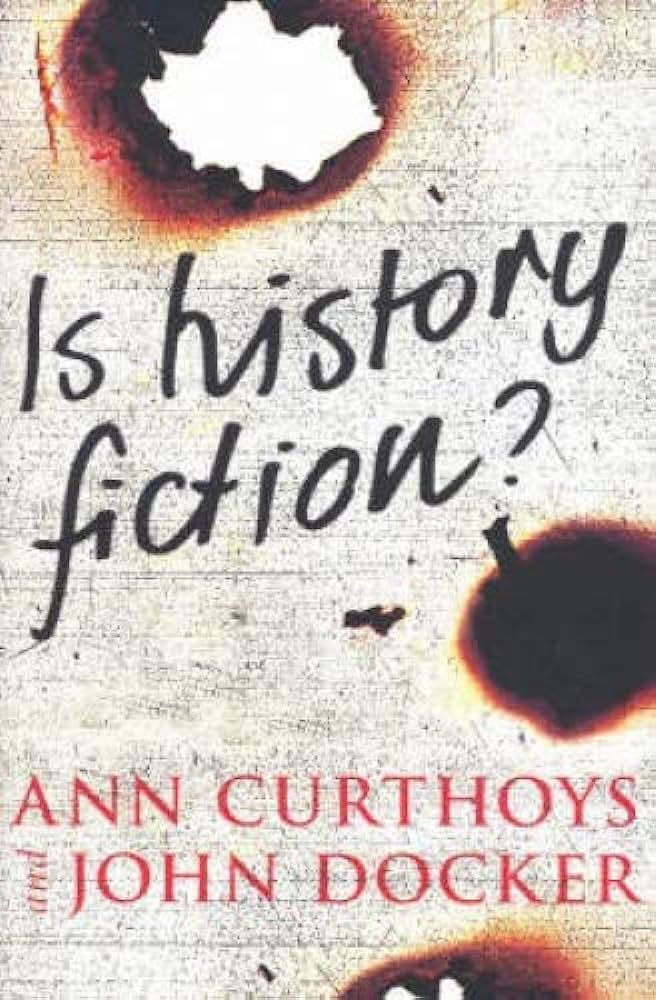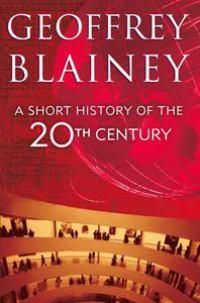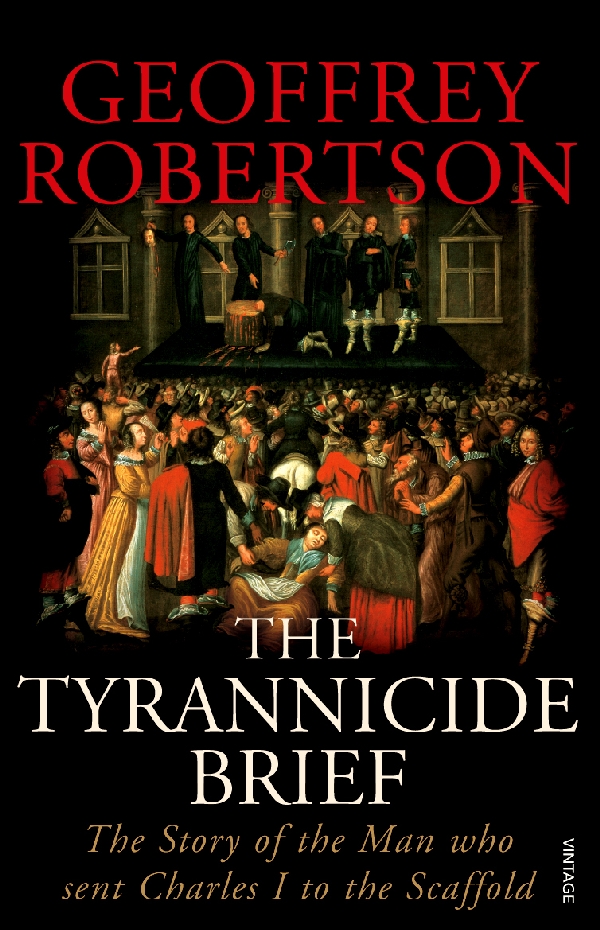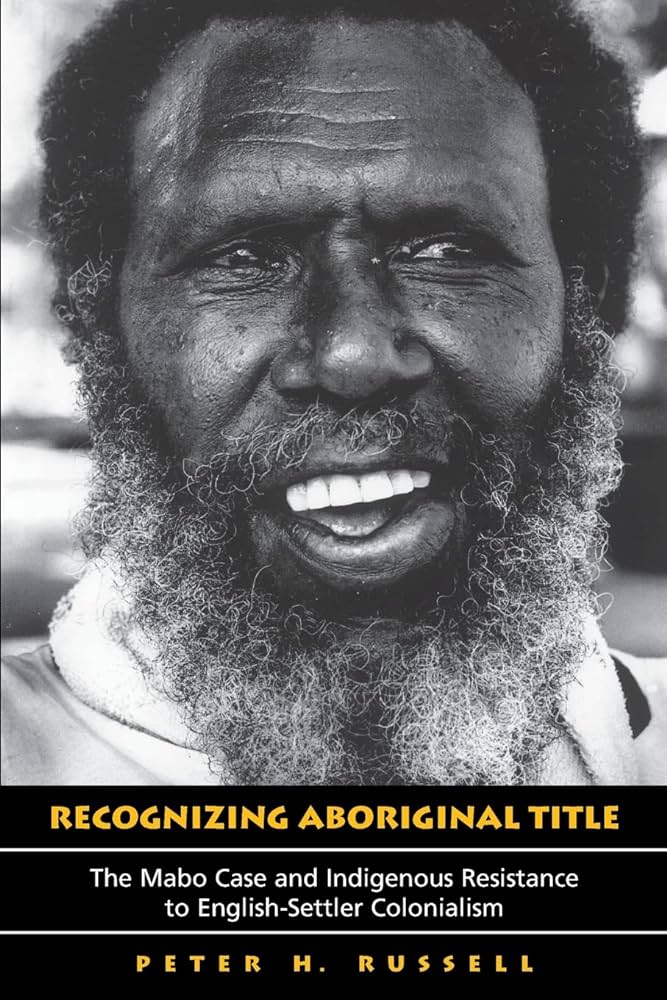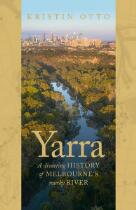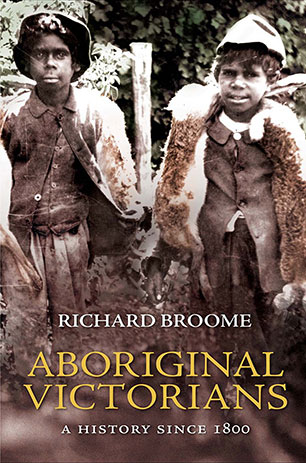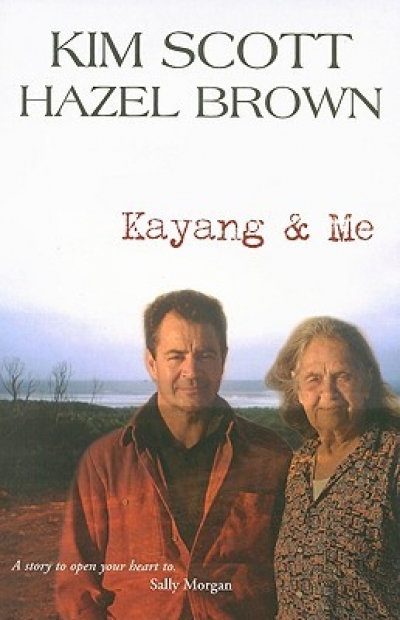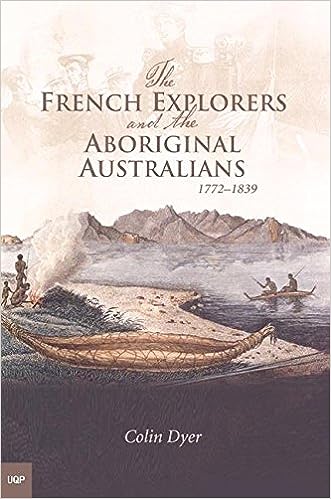History
Mixed Relations: Histories and stories of Asian–Aboriginal contact in north Australia by Regina Ganter (with Julia Martinez and Gary Lee)
In recent years, ‘White Australia’ has become an episode in Australian history whose inception, imperfect execution and demise must be explained. Regina Ganter and her coauthors dwell on its spatial, as well as temporal, limits. ‘In the far northern townships, the dominant lived experience was not of a white Australia but of a polyethnic one.’ In northern coastal towns – particularly Broome, Wyndham, Darwin, Normanton, Cooktown and Cairns – people from Asia flourished and whites were marginal. Indeed, the Asian presence in Australia preceded that of whites. The first two chapters of this vividly illustrated book show a long and intimate association between Macassans and Yolngu (Arnhem Land Aborigines). Yolngu now recognise some citizens of Indonesia as ‘family’, referring to actual lines of descent.
... (read more)Eyewitness: Australians write from the front-line by Garrie Hutchinson
It is one of life’s ironies that war can bring out the best in people, and writers are no exception. Picture Australian seaman Ray Parkin as he toiled like a slave for the Japanese on the Thai–Burma railway during World War II. Despite the brutality and privations, Parkin felt that the experience would ‘not be entirely wasted’ if he could somehow get his diary and drawings home when it was all over. These were crucial, for, as he wrote, ‘Memory is not enough’. Parkin’s reflections go to the kernel of oral versus written memory, and why humans write in the first place: to make a record that can speak by itself, even when the writer is dead. His words could also serve as an appropriate epigraph to Eyewitness, a collection of diaries, memoirs, correspondents’ reports and analysis, all composed by Australians at ‘the front-line’ of wars and conflicts.
... (read more)In recent years, there has been significant public anxiety over Australia’s past, and historians have found themselves in the middle of a contest over increasingly urgent issues of historical narrative and approach. It has been a heated debate, encapsulated by a series of graphic and divisive metaphors proclaiming history’s ‘murder’, ‘fabrication’ and even the ‘killing of history’. While these so-called ‘history wars’ have come to dominate discussion of Australia’s past, the limitations of such debate are telling: history has been forced into opposing camps (left–right, black–white etc.); and examining contrasting readings of the past without falling into its prescribed lines of division now seems more difficult than ever.
... (read more)Geoffrey Blainey made his reputation as a prolific and accomplished economic historian, then turned to broader themes and wrote important analytical works, including The Tyranny of Distance (1966), The Causes of War (1973), The Triumph of the Nomads (1975), and The Great Seesaw (1988). When the so-called ‘history wars’ began in the 1980s, Blainey was characterised as an optimistic conservative, critical of ‘the black armband’ view of Australian history attributed to the more radical Manning Clark. I thought the differences between Clark and Blainey were grossly exaggerated. Paradoxically, Blainey took a serious interest in Aborigines and women’s issues long before Clark did.
... (read more)The Tyrannicide Brief: The story of the man who sent Charles I to the scaffold by Geoffrey Robertson
Geoffrey Robertson, the author of The Tyrannicide Brief, enjoys the same high public profile as those old lags who constitute the élite of Australian expatriates in London: Clive James, Germaine Greer, and Barry Humphries. In his case it is as a leading international human rights lawyer, the author of Crimes against Humanity (1999) and The Justice Game (1998), and host of the popular television series Hypotheticals.
... (read more)Recognizing Aboriginal Title: The Mabo case and Indigenous resistance to English settler colonialism by Peter H. Russell
Peter Russell, a distinguished Canadian student of the politics of the judiciary, asks if ‘my people’ – the English settlers of Australia, Canada, New Zealand, and the US – can live honourably. Is their authority defensible against indigenous people’s charge that ‘my people’ bullied them out of their sovereignty? Because European colonial power has been shadowed by a sense of moral unease, interpreting the colonists’ laws matters. ‘There is a lot of leeway in the law,’ Russell observes, ‘and no more so than in legal cultures based on the common law.’ The High Court of Australia’s decisions in Mabo (1992) and Wik (1996) – making native title recognisable to the common law – seemed to Russell to confirm judges’ potential to be the conscience of liberal constitutionalism.
... (read more)Yarra by Kristin Otto & The Vision Splendid by Richard Waterhouse
I remember Richard Waterhouse as my lecturer in American colonial history at Sydney University in 1978. Then in his late twenties, he stood at the lectern as if itching to break free, arms flailing, feet shifting, constantly pushing his glasses back up the bridge of his nose; every lecture had its moment of vaudeville. After daily suffering the monotone perorations of those who stood entombed in their academic gowns, I enjoyed his lectures, which seemed driven by an infectious curiosity about the past. Perhaps it was also the material that captured the students’ imagination. American history, laced as it was with any number of grand and naïve utopias, could be read as epic and tragic drama, a constant fall from grace.
... (read more)Aboriginal Victorians: A history since 1800 by Richard Broome
The sepia-toned photograph on the front cover of historian Richard Broome’s new book presents the reader with two young indigenous Australian boys, taken around 1900 at Ramahyuck, an ‘Aboriginal mission’. Bright-eyed, alert and pleased with themselves in white shirts, woollen vests, jackets and trousers, they appear to be wearing possum or kangaroo skin cloaks. A closer look, however, reveals that the furs draped thickly around their shoulders are not iconic cloaks, but their successful catch of tasty rabbits.
... (read more)Readers of Kayang and Me should not be lulled by the beauty of its prose or by its seemingly easy location within the now-familiar genre of indigenous life story. This book dislodges its white readers from positions of quietude or certainty, and takes us into a world marked by irredeemable loss – our own as well as Noongars’. Among other things, Kayang and Me points to the crucial things that settler-colonisers have lost or forsaken in the mistaken pursuit of the bounties of colonisation, and it calls for nothing less than a radical remaking of the Australian nation-state. Significantly, it installs writing and reading as practices through which the past, present and future might come to be differently known and newly imagined. The white reader is shown to be implicated in the story she holds in her hands, in its vision of another future as well as in its tragic present and past.
... (read more)The French explorers and the Aboriginal Australians 1772–1839 by Colin Dyer
In this book, Colin Dyer draws on the writings of French explorers from ten expeditions spanning the years between 1772 and 1839. His aim is ‘to enable readers to make as close an acquaintance as possible directly with the French explorers and the Aboriginal Australians during their encounters’. He presents the material with little contextual information or analysis, maintaining that he has ‘no personal axe to grind … no thesis or argument to prove, no preconceived conclusion to impose’. This stance, as we will see, has its advantages and its limitations.
... (read more)

